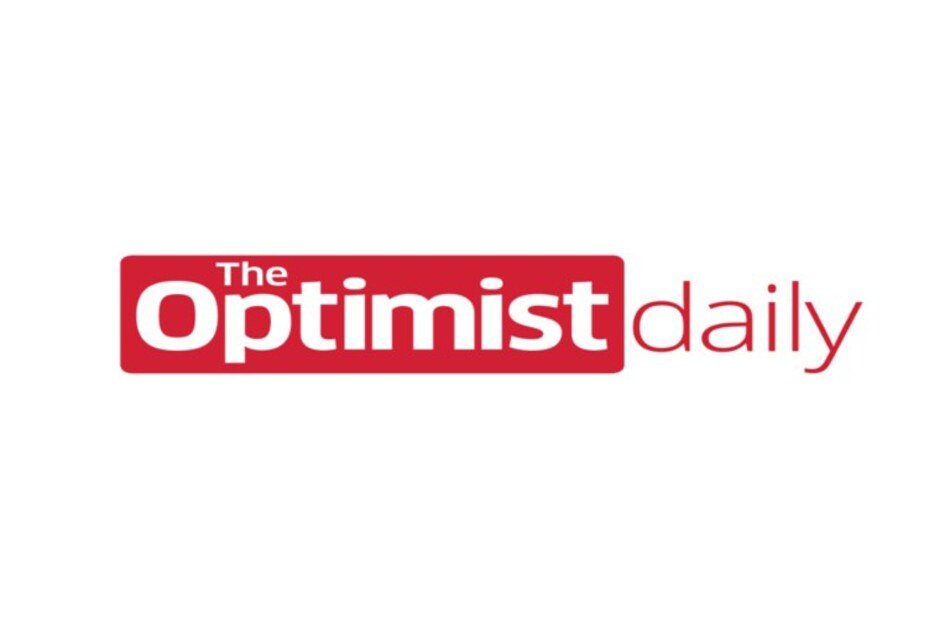The vast majority of take-away coffee cups from Starbucks are single-use, non-biodegradable, and non-recyclable. That may soon change though, thanks to the company’s recent initiative to integrate reusable cups across more of its stores.
Seattle is one of the first places to test such a reuse program. If you order a cup of coffee from any of the chain’s stores in the city, you now have the option to opt for a reusable cup, instead of a disposable one.
The reuse scheme is simple: Customers who choose the reusable cup pay a $1 deposit, which they get back when the cup is returned. They can return the cups either to a self-service kiosk and get their deposit back alongside reward points, or they can schedule a pickup with a third-party company in the case that they have taken the cup home.
The pilot, which started on March 30, is expected to run until the end of May. Based on the results, the company will then decide whether to make the program a permanent concept. While it’s still uncertain when that will happen in Seattle, the chain’s sustainability trajectory is a lot clearer in South Korea, where all 1,500 Starbucks stores will completely eliminate disposable cups by 2025.
As noted by Fast Company, while Starbucks aims to halve its waste streams by 2030, the movement in South Korea is also being driven by national policy. Last year, lawmakers in the East Asian nation passed a bill that will push all fast-food restaurants and cafes to charge customers a fee for disposable cups.
As the South Korean case shows, government action can really have an impact on how fast businesses shift towards more sustainable practices. Hopefully, a similar move will also soon take place in the US, which generates the largest amount of plastic waste than any country in the world.











